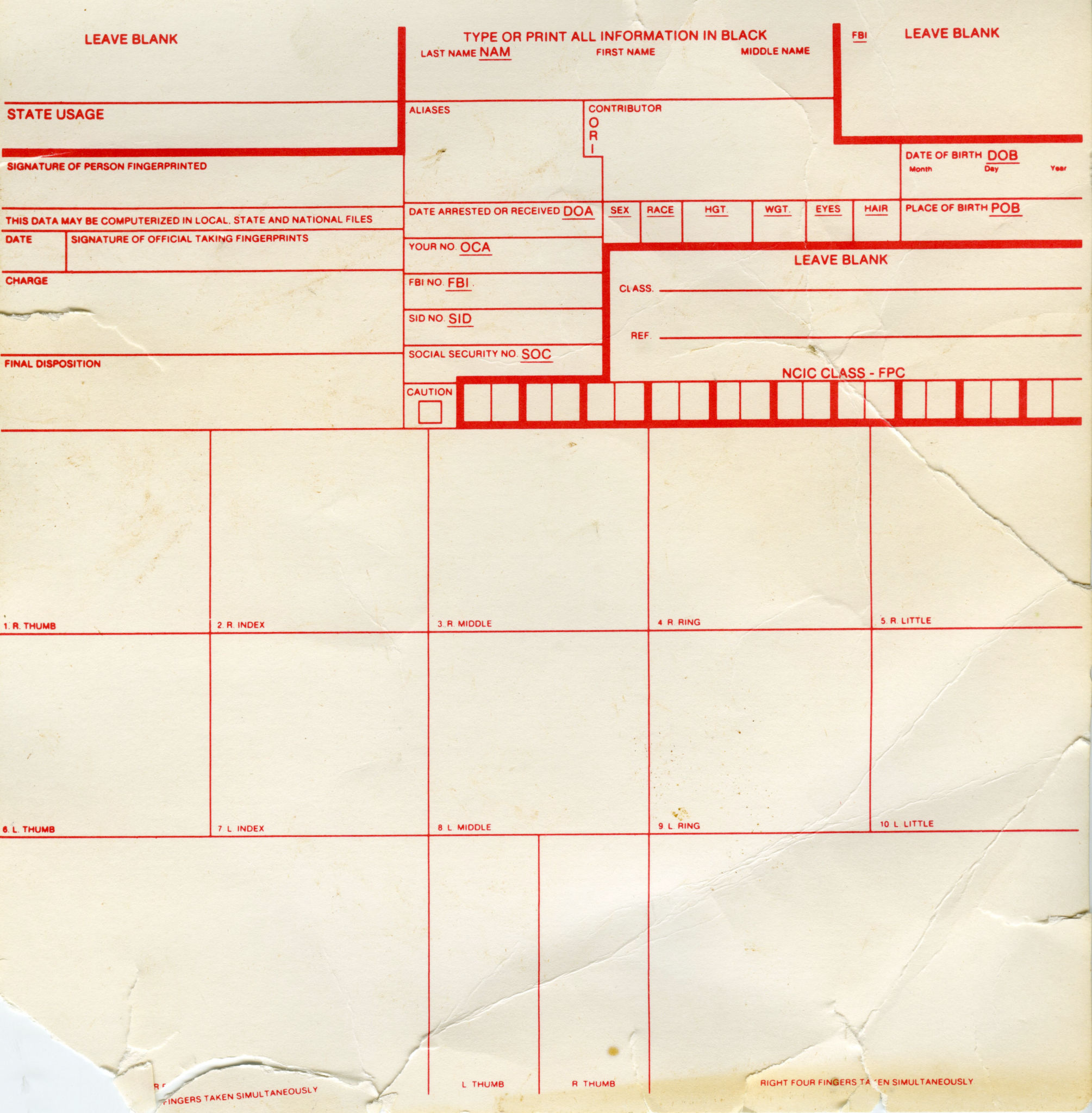How to Prepare for a Commercial Litigation Trial: Expert Tips
Understanding the Basics of Commercial Litigation
Commercial litigation involves legal disputes between businesses or commercial entities. Preparing for such trials requires a comprehensive understanding of the legal landscape and the specific nuances of your case. Before diving into preparations, it's crucial to familiarize yourself with the basic terminology and processes involved in commercial litigation. This knowledge will serve as the foundation for your trial strategy.

Assembling Your Legal Team
One of the most critical steps in preparing for a commercial litigation trial is assembling a strong legal team. Your legal counsel should have extensive experience in handling commercial disputes and a track record of successful outcomes. Look for attorneys who specialize in your industry to ensure they are familiar with the specific challenges and regulations you might face.
Beyond hiring skilled attorneys, consider including experts such as financial analysts or industry consultants who can provide valuable insights and testify on your behalf. A well-rounded team can make a significant difference in the courtroom.
Gathering and Organizing Evidence
The strength of your case often hinges on the quality of the evidence you present. Begin by gathering all relevant documents, contracts, emails, and communications related to the dispute. Ensure that you maintain a detailed record of all interactions and transactions that could support your case.

Organize this evidence systematically to facilitate easy access during the trial. Digital tools and software can help manage large volumes of data, making it easier for your legal team to build a cohesive argument.
Developing a Trial Strategy
A well-thought-out trial strategy is essential for success in commercial litigation. Work closely with your legal team to outline your objectives and tailor your approach accordingly. Consider potential challenges and counterarguments that the opposing party might present and prepare responses in advance.
Your strategy should include a timeline of key events, witness testimonies, and a clear narrative that aligns with your case's strengths. A persuasive strategy will not only highlight your position but also address any weaknesses effectively.
Preparing Witnesses and Testimonies
Witnesses play a vital role in reinforcing your case during a commercial litigation trial. Identify key witnesses early in the preparation process and conduct thorough interviews to gather their insights. Prepare them to deliver clear, concise, and truthful testimonies that support your narrative.

Consider conducting mock trials or practice sessions to familiarize witnesses with courtroom procedures and reduce anxiety. This preparation will ensure they are confident and articulate when presenting their testimonies.
Understanding Courtroom Protocols
Familiarity with courtroom protocols can greatly impact the trial's outcome. Spend time understanding the specific rules and procedures of the court where your trial will take place. Adhering to these protocols demonstrates professionalism and respect for the judicial process.
Your legal team should also prepare you for potential scenarios during the trial, including cross-examinations and objections. Being well-prepared for these situations will help you maintain composure and focus throughout the proceedings.
Managing Stress and Maintaining Focus
Commercial litigation trials can be stressful and demanding. It's essential to manage stress effectively to maintain focus and make informed decisions. Establish a support system, whether through colleagues, family, or friends, to help you navigate this challenging period.

Additionally, practice stress-relief techniques such as meditation or exercise to keep your mind sharp and clear. A calm demeanor will enable you to respond thoughtfully rather than react impulsively during the trial.
Reviewing and Reflecting Post-Trial
After the trial concludes, take time to review the proceedings and reflect on the outcomes. Analyze what went well and identify areas for improvement. This reflection is invaluable for future cases and can help refine your approach to litigation.
Regardless of the trial's outcome, maintaining a positive and proactive mindset will ensure you are better prepared for any future legal challenges that arise in your business endeavors.